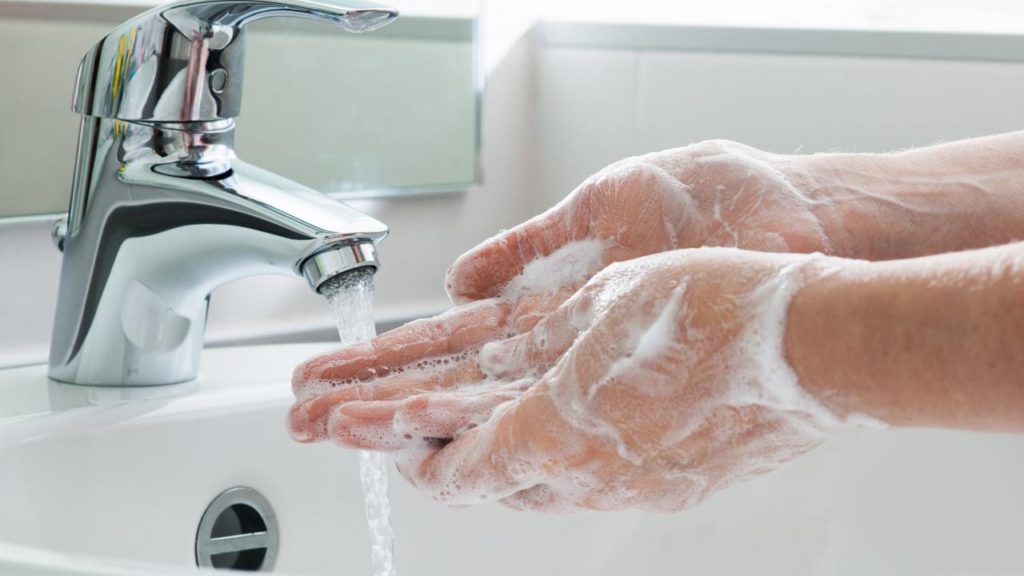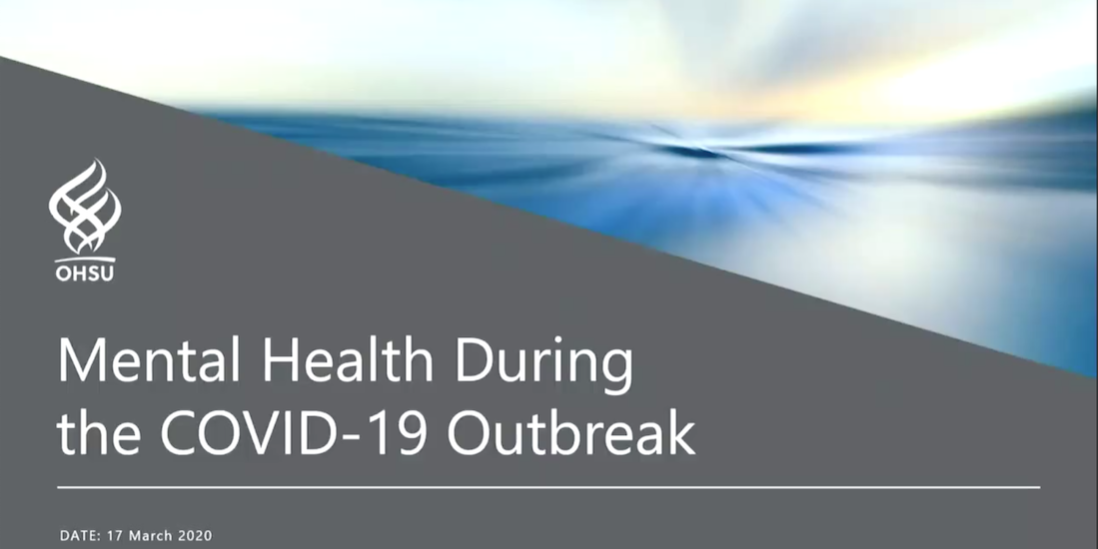As we continue to support one another during social distancing and other challenges from the spread of coronavirus, the Oregon Health and Science University recently held a webinar, Mental Health During the COVID-19 Outbreak, to discuss mental health patterns during early phases of the COVID19 outbreak, describe system-level responses to assist mental health care during the outbreak, and to describe person-level and community area responses to assist with mental health during this time.
The psychiatrists who presented were Drs. Sean Stanley, Jon Betlinski, Neisha D’Souza, Linda Schmidt, and Sara Walker. This webinar was extremely informative and important for anyone who may be feeling a bit more anxious, uncertain, or wants more information when it comes to parenting. At Flawless we are dedicated to sharing and providing helpful resources and tips, so here are some takeaways to ease some stress and help you feel more prepared during this time.
Managing During A Quarantine
When it comes to getting through a period of quarantine or social distancing, there are many questions. This sudden change in our lives disrupts our daily routines so creating a structured environment is very beneficial and helps restore a sense of normalcy.
Stay Healthy and Practice Good Hand Washing
We have all heard it – handwashing, handwashing, handwashing. We thought this tip was a good one.
Regarding Food Delivery – make sure to wash your hands after touching food containers, and pay and tip electronically where you can.

Mindset
This is also a good time to start reframing our thought processes to reduce feelings of panic or anxiety. We are all worried, some more than others. Now is a time to safely look out for one another. We have to be allies during this time of uncertainty and do our part. Being physically isolated is difficult, but always remember you are doing what is best for your community.
Manage Anxiety
Understand that if your anxiety is high right now, you’re not alone! Fortunately, we live in the digital age and our technology provides the opportunity to stay connected even as we practice social distancing. Sure, FaceTiming can never replace the same benefits of in-person connections, but it will allow you to still have a sense of social support. Exercising, meditation, art, reading, and even puzzles are some other tips that have worked for the Flawless team, so find what works for you.
This is especially important for parents caring for their children during this time. For parents, when you lead by example it reassures children who are typically worried about these three questions: “Am I safe?”, “Are you safe?”, and “How will this affect my daily life?” Be honest with your children, but also be reassuring.
Don’t Assign Blame
In the “blame game,” there are no winners. Stressful times can solicit knee-jerk reactions, looking for fault even when there’s no evidence. Whether intentional or not, it fuels discrimination. Pay attention to the conversations you’re having with your children, loved ones, and friends and listen for discriminatory comments. If they come up, don’t be afraid to address it and make sure to not reinforce it. We are all in this together – so allow the only distance between our communities to be the social distancing we are practicing for our protection.
Be Prepared For What Comes After
Sean Stanley says that “pandemics are both emergencies and tragedies.” Both of these words can understandably ignite stress responses in individuals. One day this will all be over, but there will still be the long term impact of COVID-19. Whether they are long-lasting or not it is important to be prepared for symptoms of mental health after an outbreak. It is common immediately after to experience feelings of depression and transitory stress reactions. It is also common to have delayed feelings of grief, adjustment disorder, PTSD, substance use, and psychosomatic disorders. As we learn from previous outbreaks this is an opportunity to intervene now and be prepared for any mental health challenges that may occur later. Prioritizing self-care, participating in online counseling services for cognitive behavioral therapy or crisis therapy, and assessing populations that are more prone to mental health challenges are all ways we can be proactive instead of reactive.
Thank you to the Oregon Health & Science University – and especially our presenters Drs. Sean Stanley, Jon Betlinski, Neisha D’Souza, Linda Schmidt, and Sara Walker. In these stressful times, it’s important to try to manage our own anxiety and turn to one another for support. As we take the proper precautions also remember to find creative ways to still remain connected to one another, and prioritize your self care.







